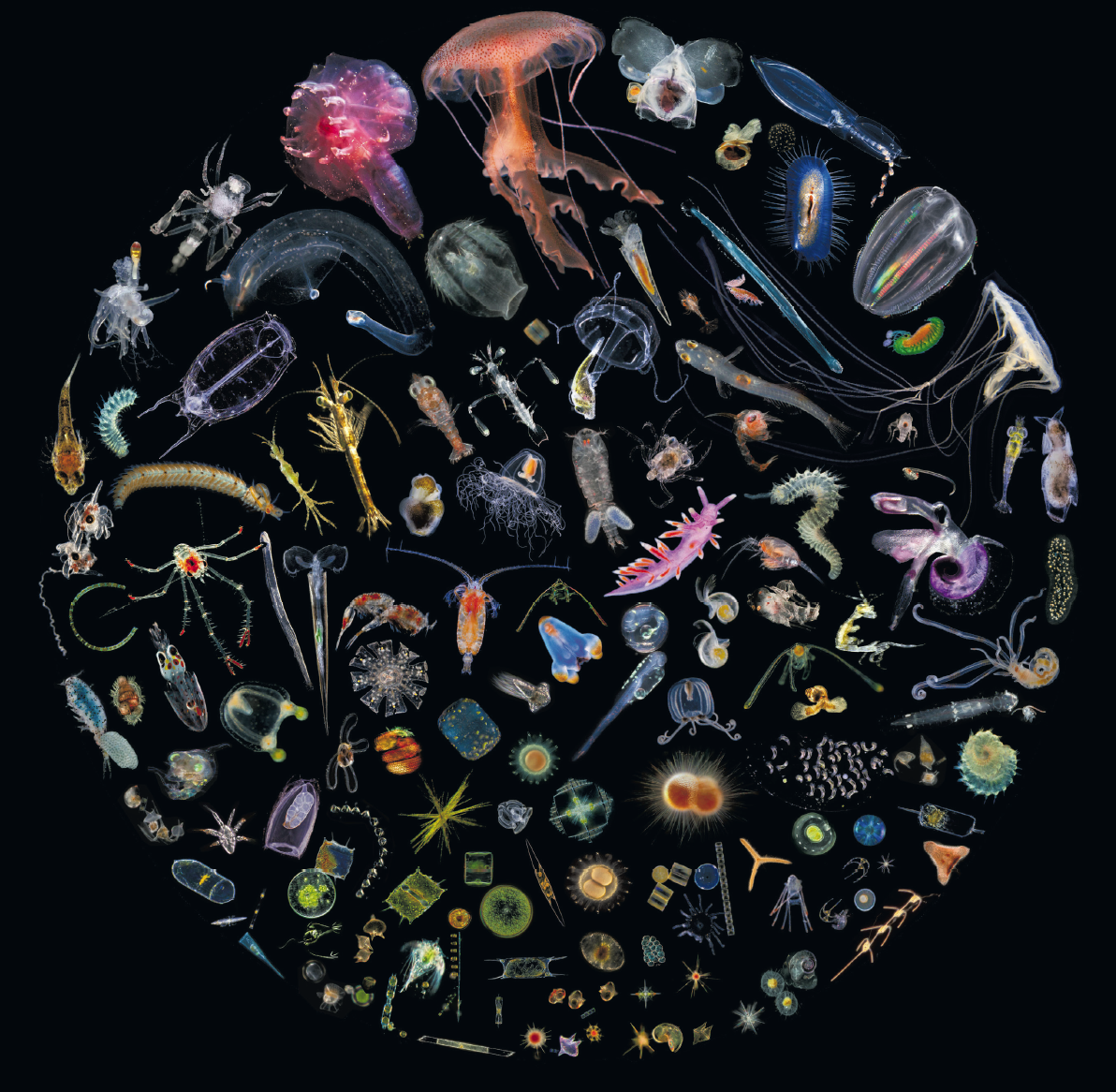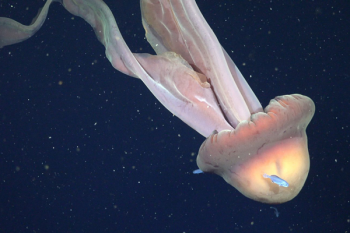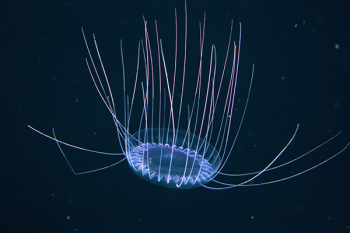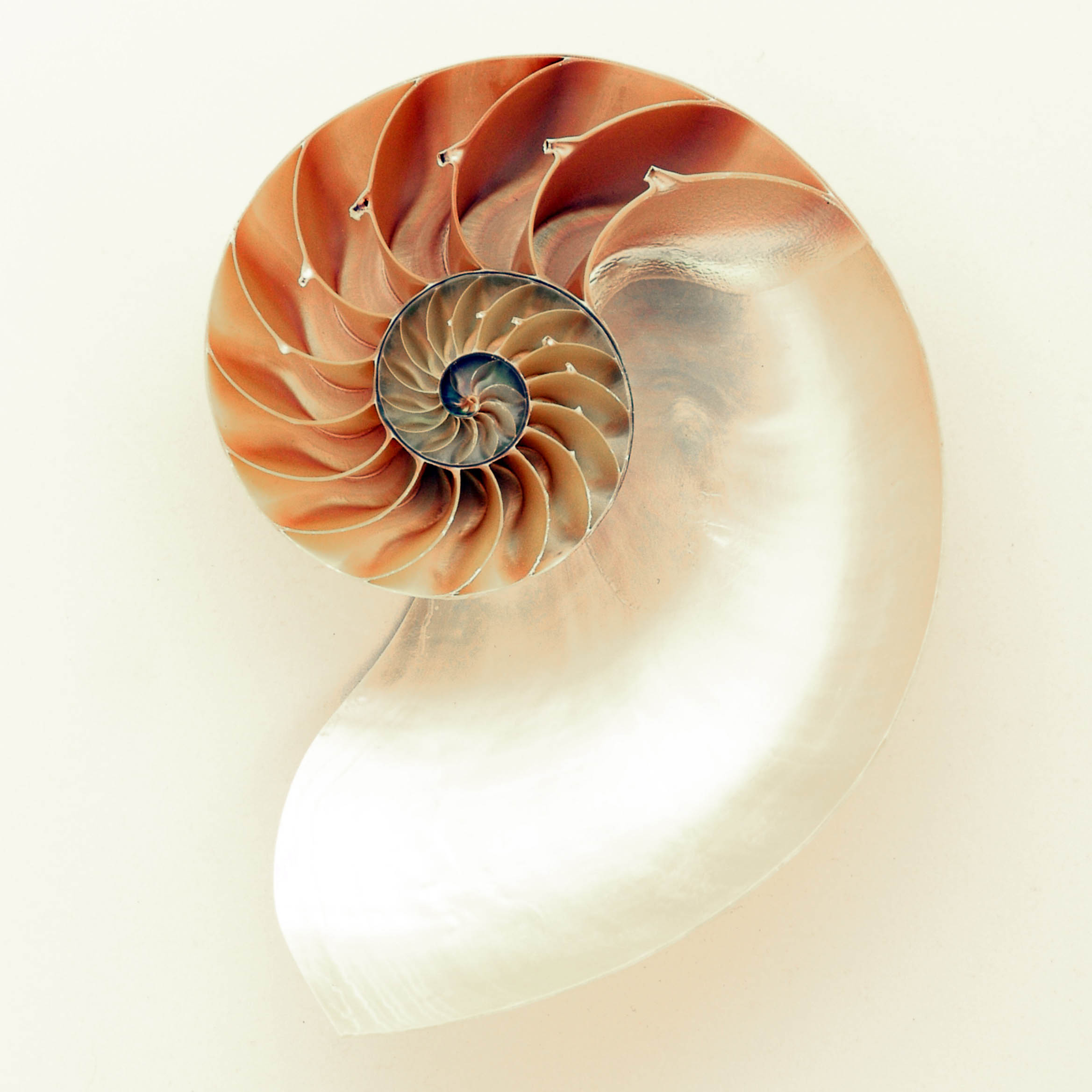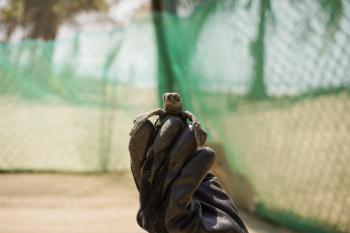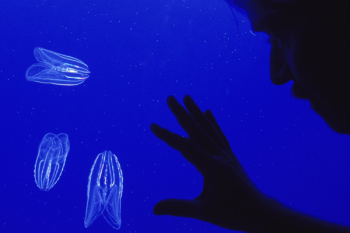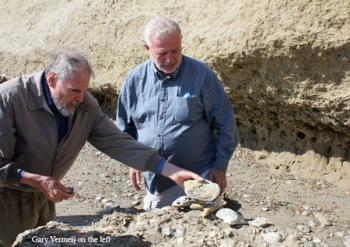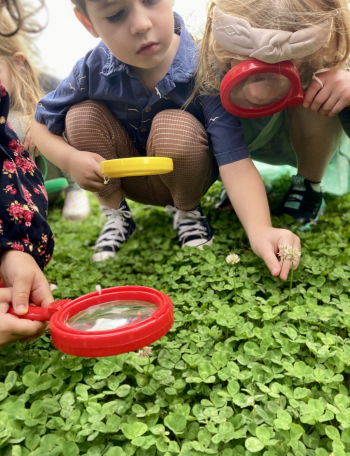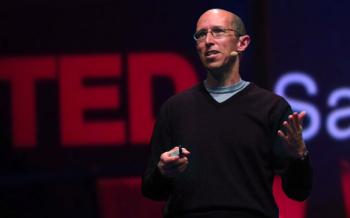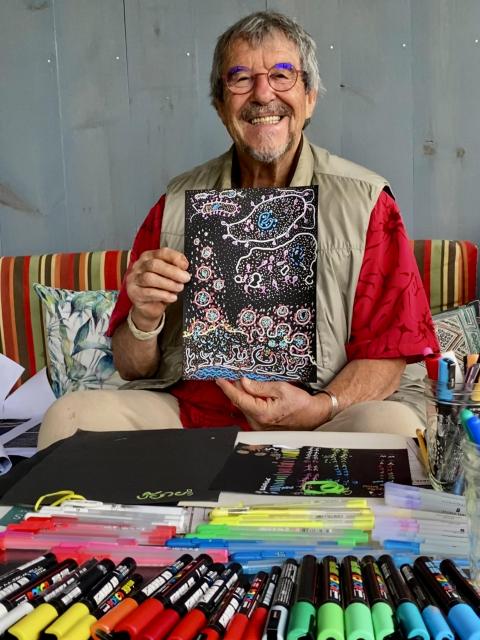
Christian Sardetis founder and Emeritus Research Director of the Laboratory of Cell Biology at the Marine Station of Villefranche-sur-mer. He is also a co-founder and coordinator of the Tara Oceans Expedition and initiator of the Plankton Chronicles, both are projects that explore plankton worldwide.
The Universe Opens Through a Microscope
When Christian was young his grandmother gave him a microscope to look at pond animals. He has been looking in microscopes ever since. While at university, Christian heard about biochemistry and the new field of biochemical engineering. He went to UC Berkeley to obtain a PhD in comparative biochemistry and continued studying the structure of cell membrane proteins. His focus shifted when he went to the marine lab at Viilefranche. There he researched fertilization, which opened his eyes to the amazing world of marine creatures, specifically plankton.
Toward the end of his career, Christian joined other scientists researching plankton using genomics and imaging. Together they approached the Tara Ocean Foundation to suggest an expedition to study plankton. Beginning in 2009 the Tara ship and team went all over the world for almost four years. The scientists collected plankton in about 500 places, producing about 100,000 samples. Tara Oceans describes this expedition as, “An odyssey worthy of the great global expeditions of the 19th century, like Charles Darwin, but with the technology of the 21st century: that of DNA and the microscope.”
Ocean Ecosystem and Climate Change
Tara Oceans combined ecology, systems biology, and oceanography to study plankton in their environmental context. They investigated the correlation between plankton and ocean temperature, oxygen levels and other environmental conditions. A global scale understanding of the ocean ecosystem is crucial in light of climate change. They confirmed that temperature is the main driver of plankton diversity. In some regions, Tara scientists found an increase in acidification and a decrease in oxygen, which certainly impacts plankton biodiversity.
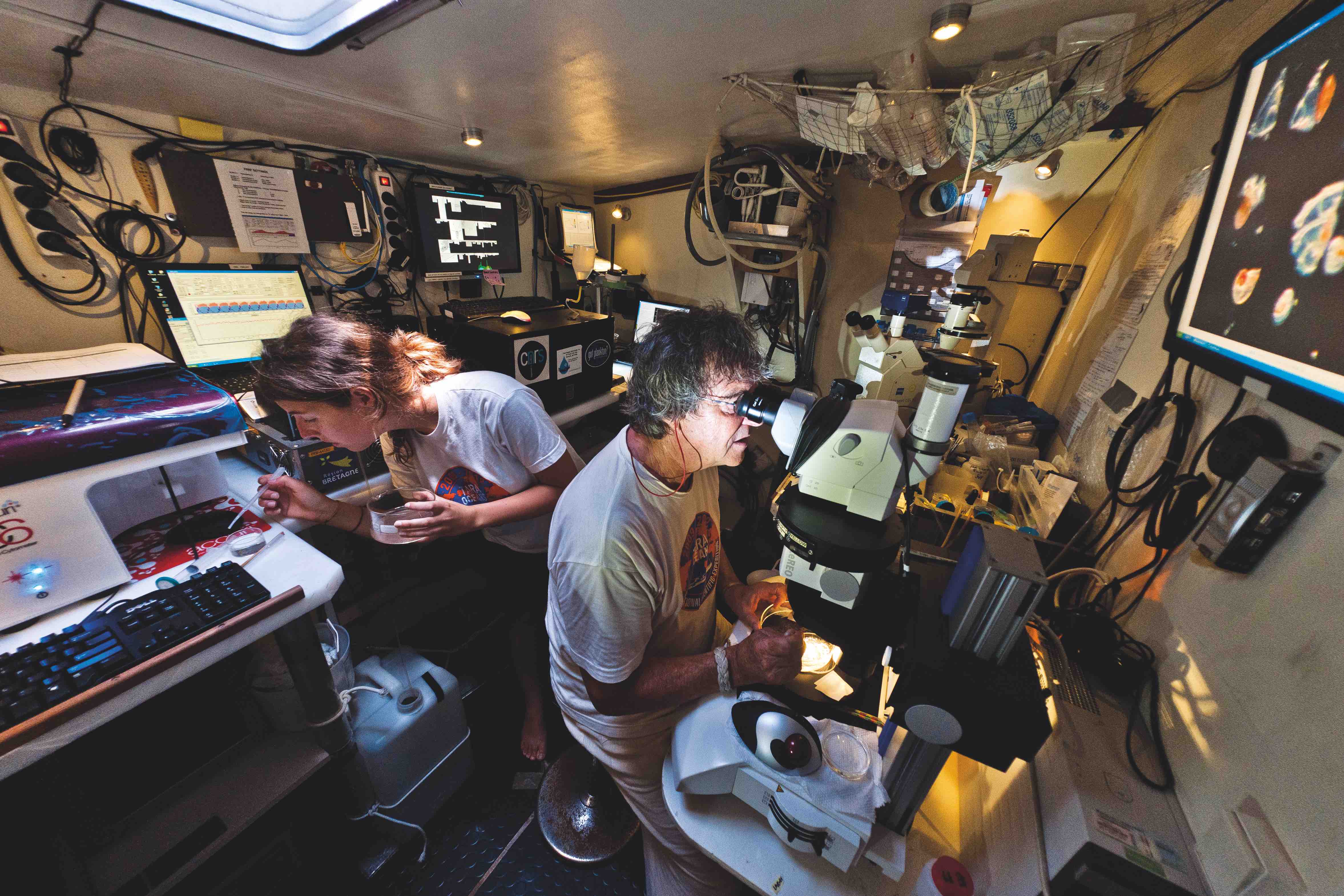
Branding Plankton
Christian decided that his role on the Tara expedition was to popularize plankton. His essential role was outreach- to communicate the science to the general public. Using footage from the Tara expedition and his own lab, Christian worked with his son (a media professional), and others to create a website, Plankton Chronicles. The Plankton Chronicles Project is a short documentary series combining art and science, revealing the beauty and diversity of organisms adrift in the currents. Using state-of-the-art footage from the Chronicles, he, his son and Tierney Thys teamed up to create The Secret Life of Plankton.
Plankton is “where jeweled chains hang next to phosphorescent chandeliers, spidery claws jut out from sinuous bodies, and gelatinous barrels protect microscopic hearts.”(from Sardet’s, Plankton: Wonders of the Drifting World.)
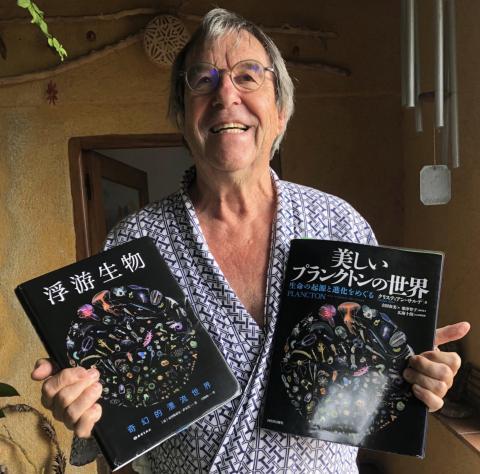
The Creative Scientist
Realizing how few books there were about Plankton, Christian set out to create on in Plankton: Wonders of the Drifting World. Being an artist has always been part of this scientist’s life and work. He painted as a child, and has kept that love of art into his research with cartoons and illustrations.
“Art reaches the public who would not be interested in just the science — the large part of population that shies away from science,” said Christian. Christian received the European Award for Communication in Life Sciences from the European Molecular Biology Organization (EMBO) and also received the “Légion d’Honneur” for his contributions.
Now Christian is focusing his energy on drawing his first passion: cells. He is working on a book that tells the story of life: its origins and how and when life became complex. We know the impact of Christians beautiful creations about plankton and can wait to see his new book about cells.
